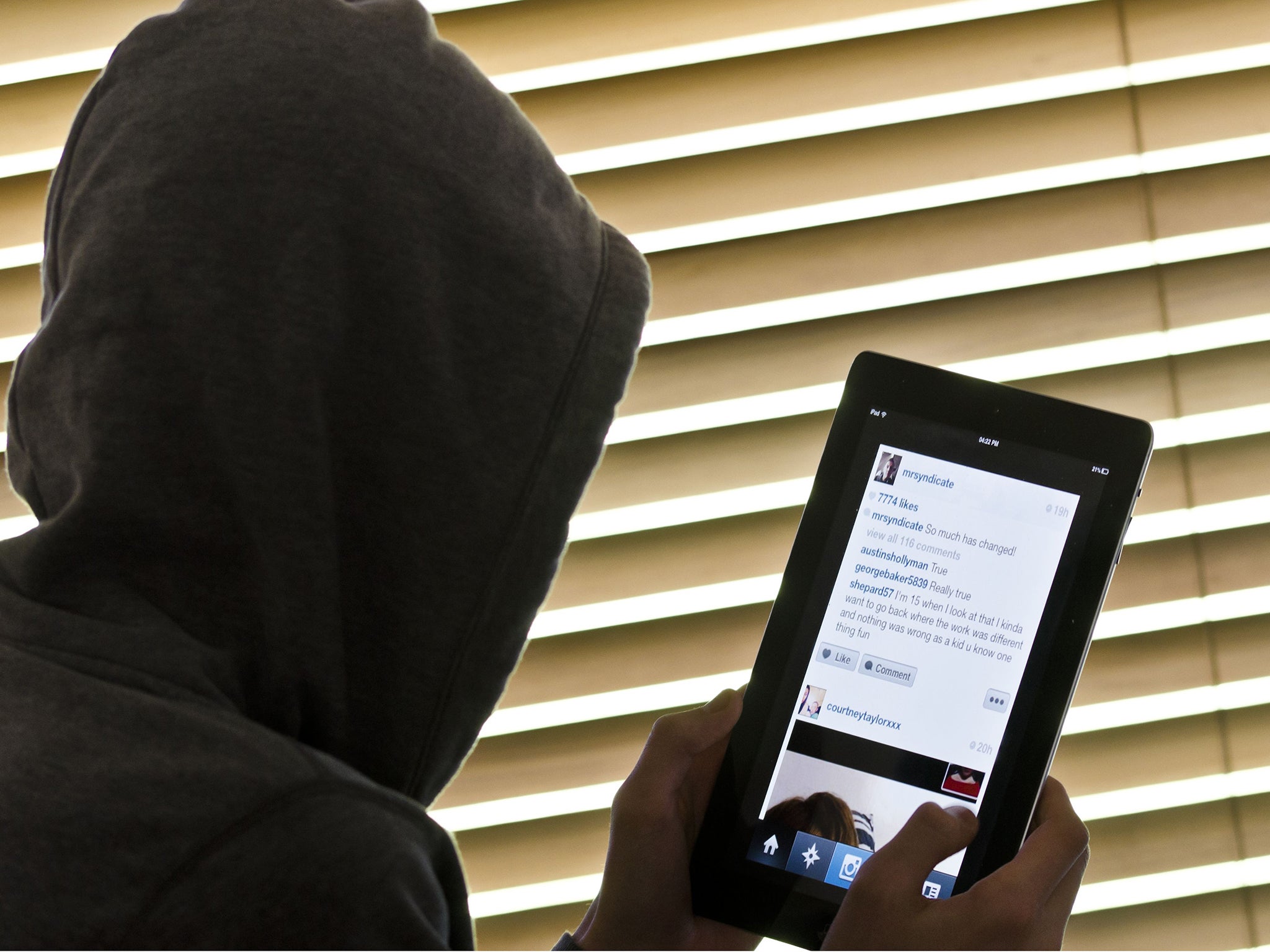Facebook accounts created in other people's names could lead to criminal charges for online trolls
Making a Facebook account that appears to belong to someone else may be outlawed under the new rules

Internet users who create fake profiles could face criminal charges, according to new guidelines.
People who use social media accounts under other names to harass and attack others should be charged, according to the Crown Prosecution Service.
The new rules could allow for the prosecution of people who create a profile “under the name of the victim with fake information uploaded which, if believed, could damage their reputation and humiliate them”, the CPS said.
“In some cases the information could then be shared in such a way that it appears as though the victim has themselves made the statements."
Authorities said that the new rules were a response to the changing nature of online crime.
"It is vital that prosecutors consider the bigger picture when looking at evidence and examine both the online and offline behaviour pattern of the defendant," director of public prosecutions Alison Saunders said.
"Online abuse is cowardly and can be deeply upsetting to the victim."
Ms Saunders said that offenders can “mistakenly think that by using false online profiles and creating websites under a false name their offences are untraceable”, but that police can use techniques to catch the offender.
Social media giants such as Twitter and Facebook have facilities in place to report impersonation accounts.
Twitter's help centre says impersonation is a violation of its rules, adding that accounts portraying another person "in a confusing or deceptive manner" may be permanently suspended.
Parody, commentary, or fan accounts are allowed on the microblogging site.
Facebook's help centre says "impostor accounts" are not allowed.
The CPS is today launching a six-week public consultation on proposed revisions to the guidelines, which will also be updated to incorporate two new offences created since they were published in 2012.
Revenge pornography, which is predominantly carried out online, was the subject of a new law introduced last April.
Legislation rolled out in December created the offence of "controlling or coercive behaviour" in intimate or family relationships.
It means domestic abusers who control their victims through social media accounts or spy on them online could face up to five years in prison.
Ms Saunders said: "Online communication is developing at such a fast pace, new ways of targeting and abusing individuals online are constantly emerging.
"We are seeing more and more cases where social media is being used as a method to facilitate both existing and new offences.
"It is vital that prosecutors consider the bigger picture when looking at evidence and examine both the online and offline behaviour pattern of the defendant.
"Online abuse is cowardly and can be deeply upsetting to the victim.
"Worryingly we have seen an increase in the use of cyber-enabled crime in cases related to Violence against Women and Girls, including domestic abuse."
Additional reporting by Press Association
Bookmark popover
Removed from bookmarks